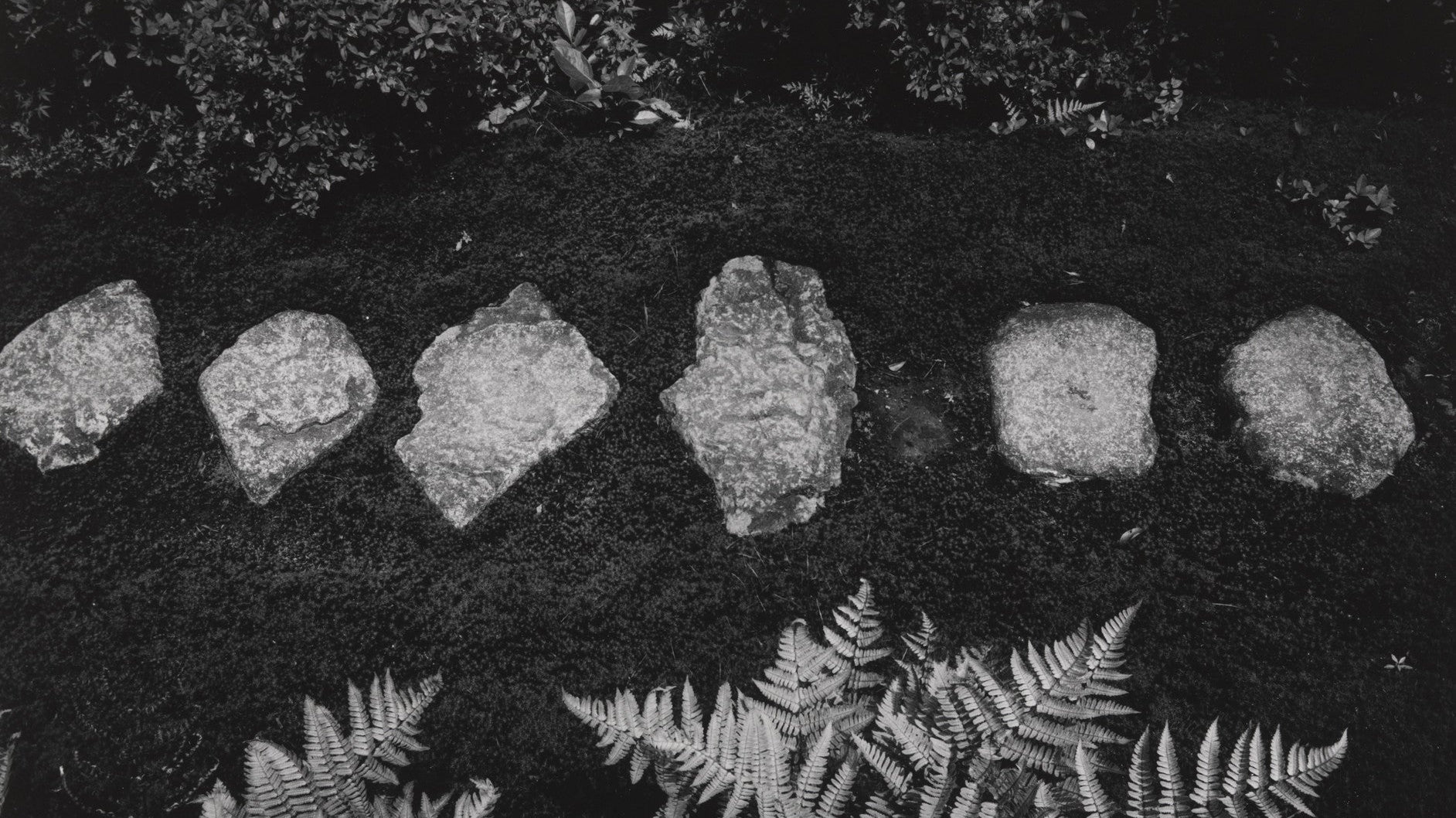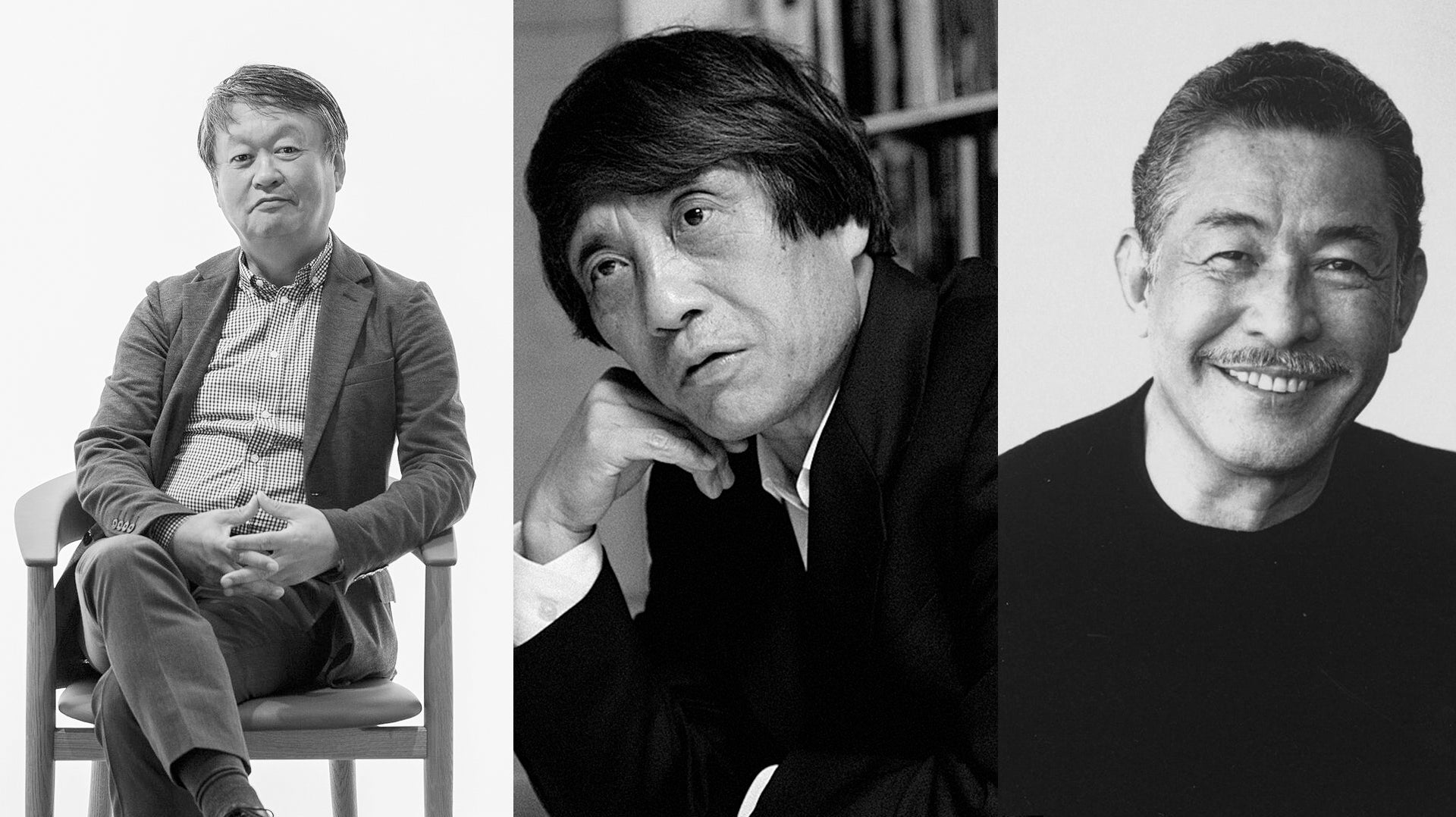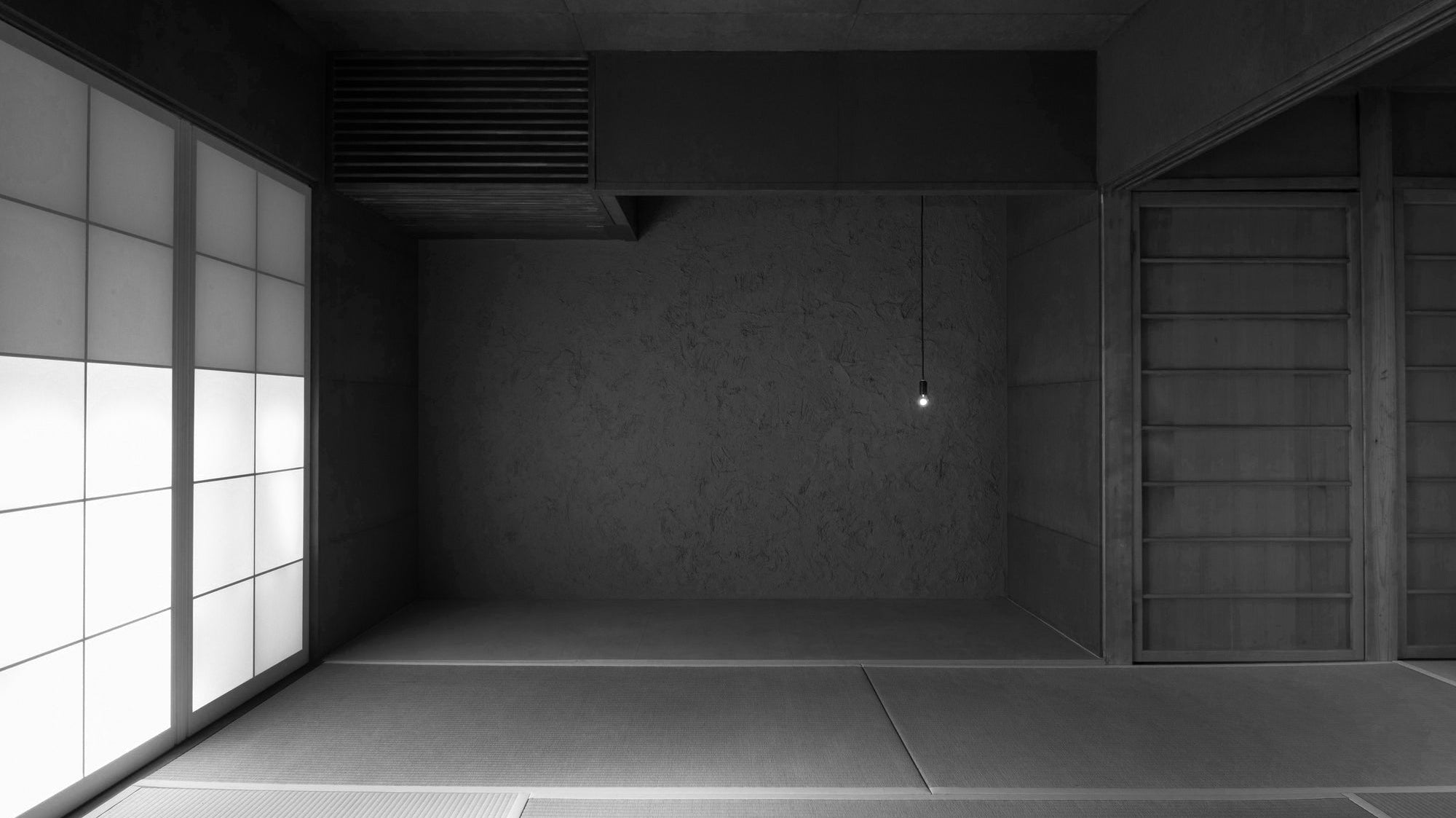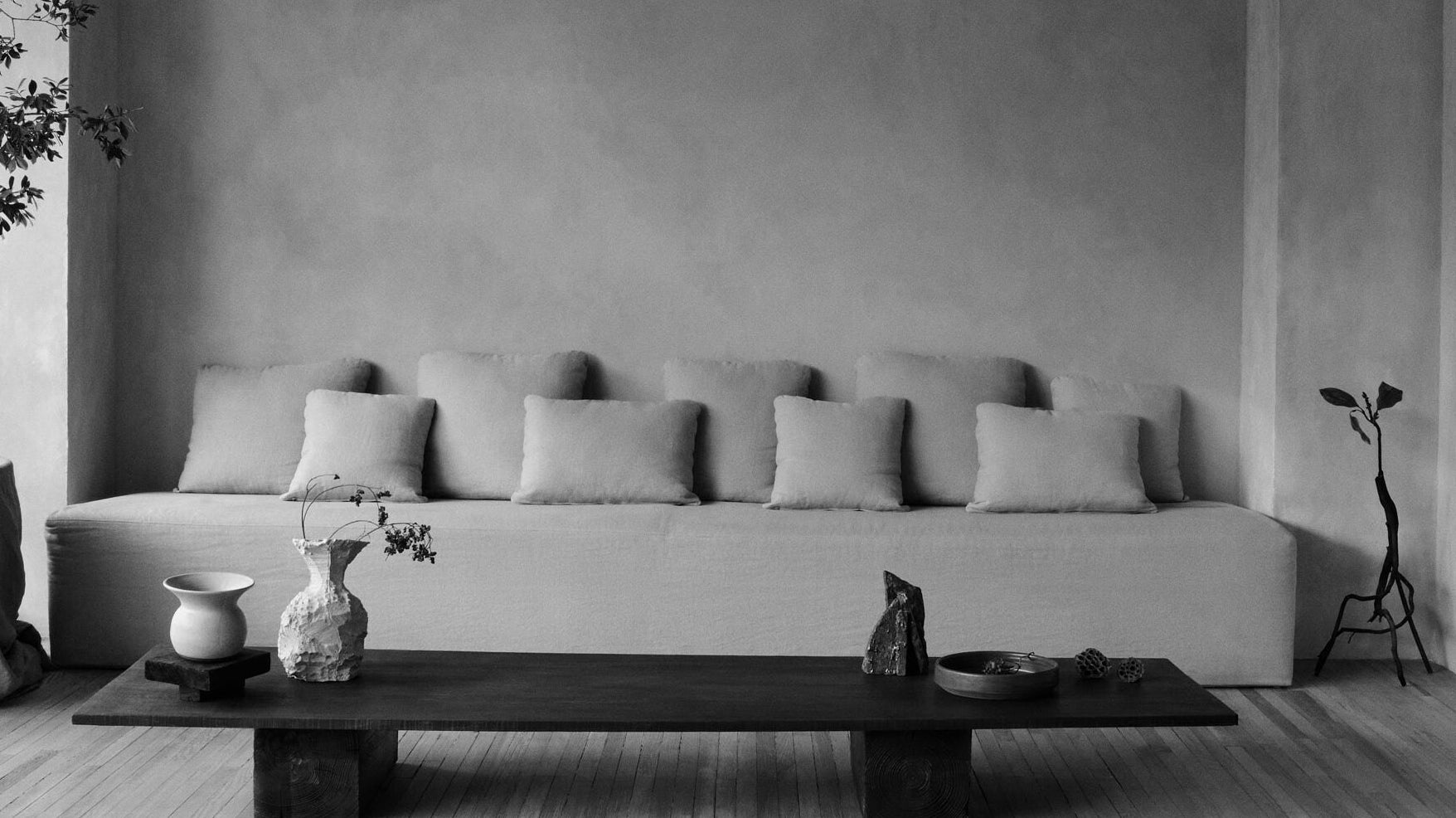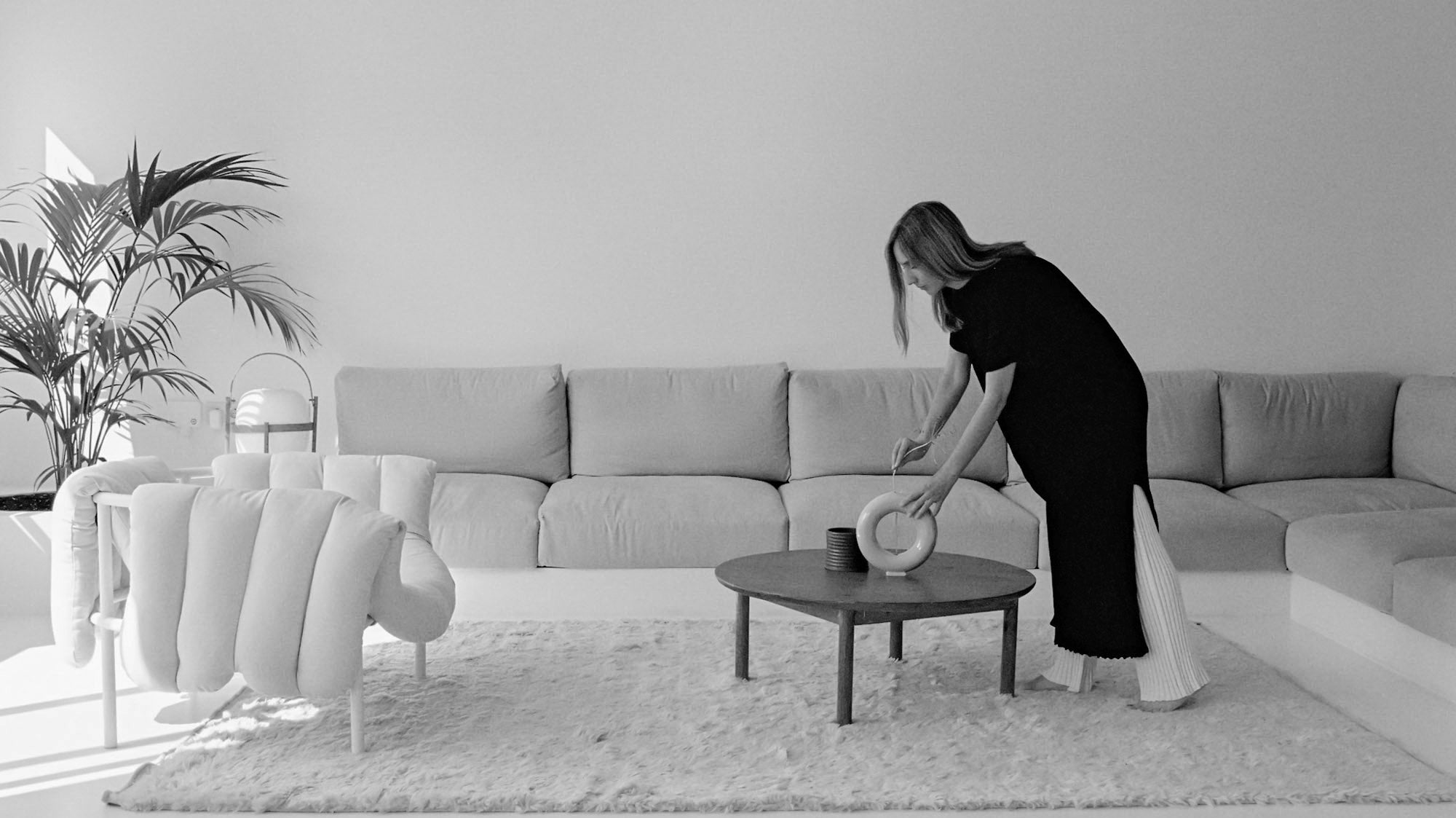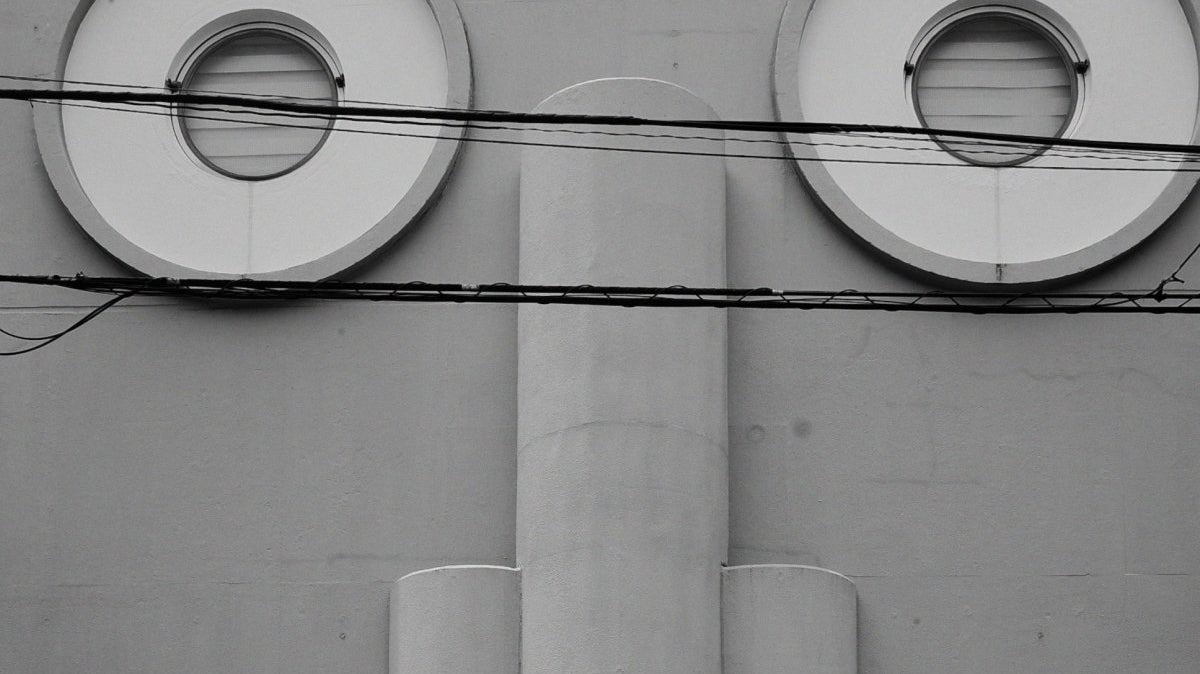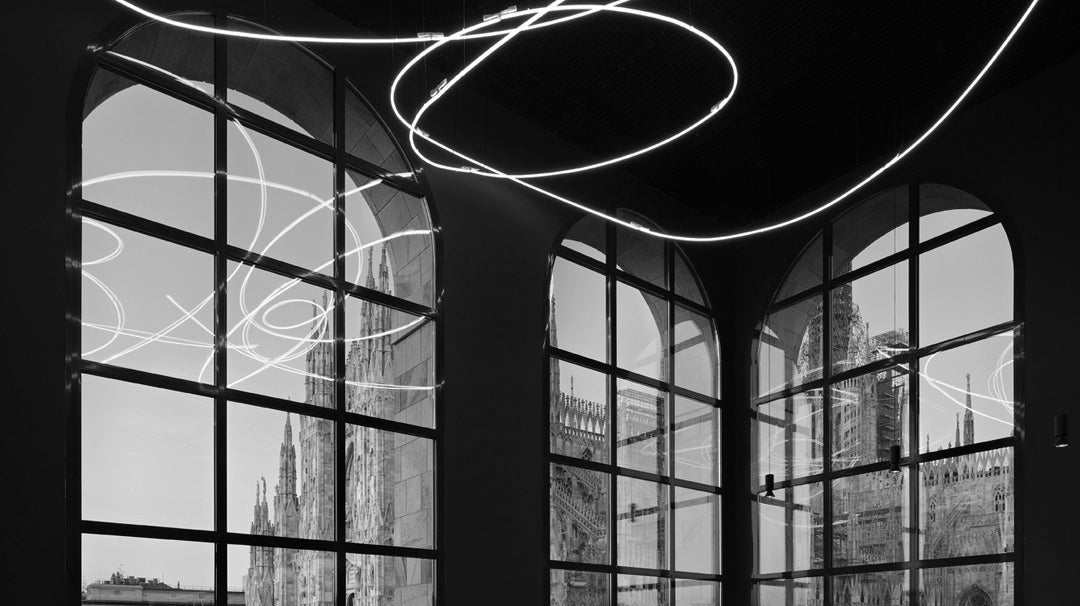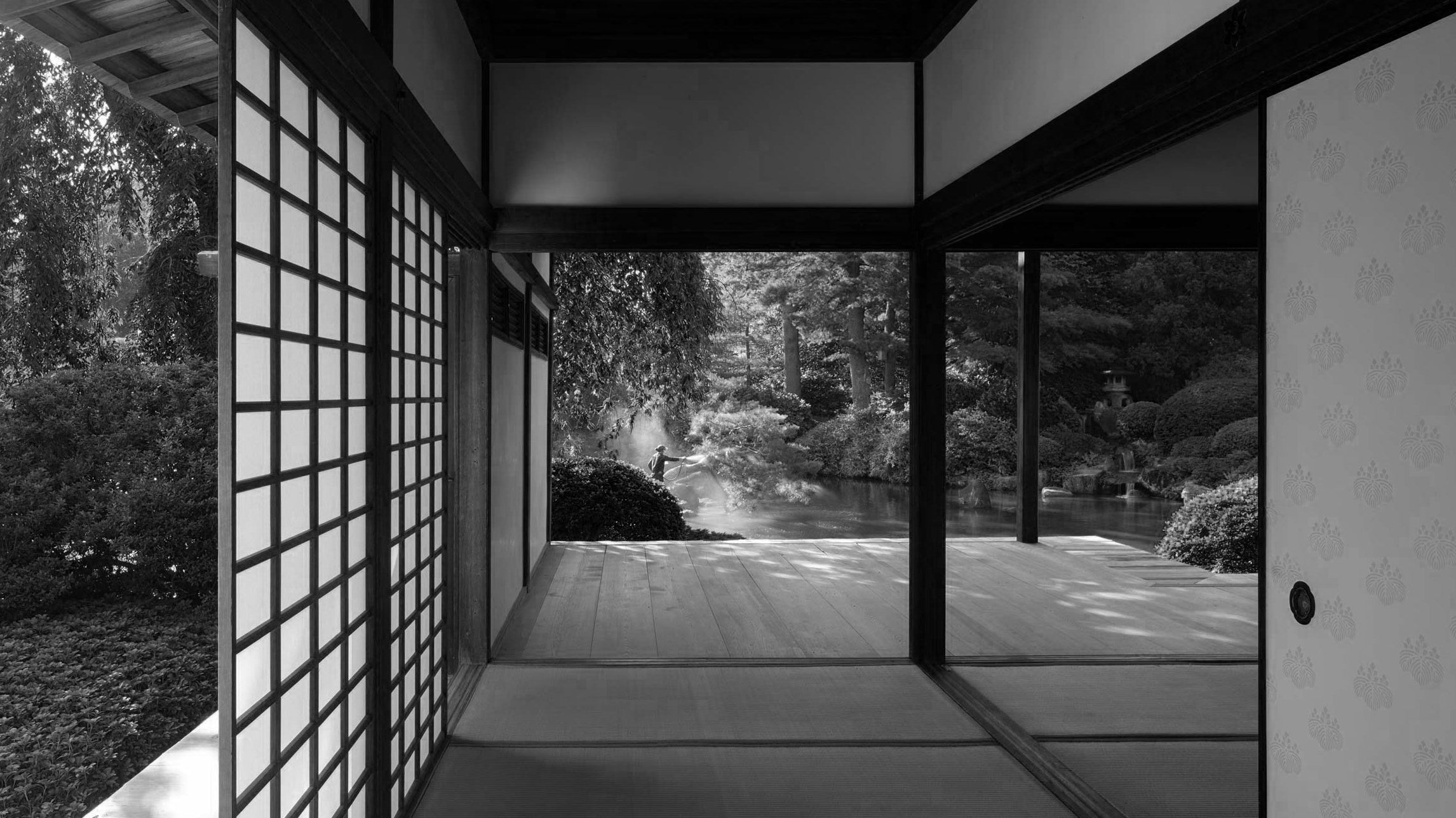Journal
8 Japanese Aesthetics That Might Change How You See Beauty
Japanese architect and designer Masayuki Kurokawa introduced eight aesthetic consciousnesses to articulate the essence of Japanese aesthetics.
What We Can Learn from Japanese Minimalist Design Masters
Let's explore how three Japanese master designers—Naoto Fukasawa, Tadao Ando, and Issey Miyake—each interpret minimalism in their own unique way.
Japanese Minimalism: The Philosophy Behind the Aesthetic
Why is Japanese minimalism unique? It embraces imperfection, nature, and space. More than just a design trend, it is a way of thinking and living.
Not Just Wabi-Sabi: 3 Essential Japanese Aesthetics You Should Know
Did you know Japanese aesthetics go beyond Wabi-Sabi? From art to design, here are three lesser-known Japanese aesthetics that might change how you see beauty.
Bauhaus Movement: How It Revolutionized Art and Design
Bauhaus was a movement that revolutionized modern design by combining creativity with industry. It showed that beauty could be both decorative and functional.
Wabi Sabi Interior Design: Principles, Design Ideas, and Inspiration
Wabi Sabi interior design focuses on authenticity and a deep connection to nature. It values the inherent beauty in simplicity and the natural aging process.
Minimalist Interior Design: Key Principles and What You Need to Know
Minimalist interior design is a timeless style defined by clean lines, uncluttered spaces, and a neutral color palette. It goes beyond aesthetics to reflect a lifestyle focused on simplicity and prioritizing what truly matters.
Mid-Century Modern Design Style: Key Characteristics and Famous Architects
Mid-Century Modern, a design style from the 1940s to the 1960s, is gaining renewed attention. It is known for its clean lines, organic forms, and harmonious integration with nature.
Kyoto City Guide | The Face House by Kazumasa Yamashita
Designed by Kazumasa Yamashita, the Face House debuted on Kyoto's streets in 1974, adding playfulness and colorful features to an ordinary downtown area.
Milan Museum Guide: 6 Must-See Art Destinations
Planning a trip to Milan or still figuring out your itinerary? This article serves as your guide to the must-see museums in the city. Explore our recommendations and be sure to save them for your trip planning.
What is Art Deco? The Roaring Twenties Style Explained
Art Deco emerged in the 1920s, blending decorative arts and architecture. Influenced by many cultures, it shaped fashion, design, film, and jewelry worldwide.
Ma: The Japanese Aesthetic of Negative Space and Time
In Japanese culture, there's a profound concept known as "Ma." It involves appreciating the space between things and helps create balance and harmony in various aspects of life.

